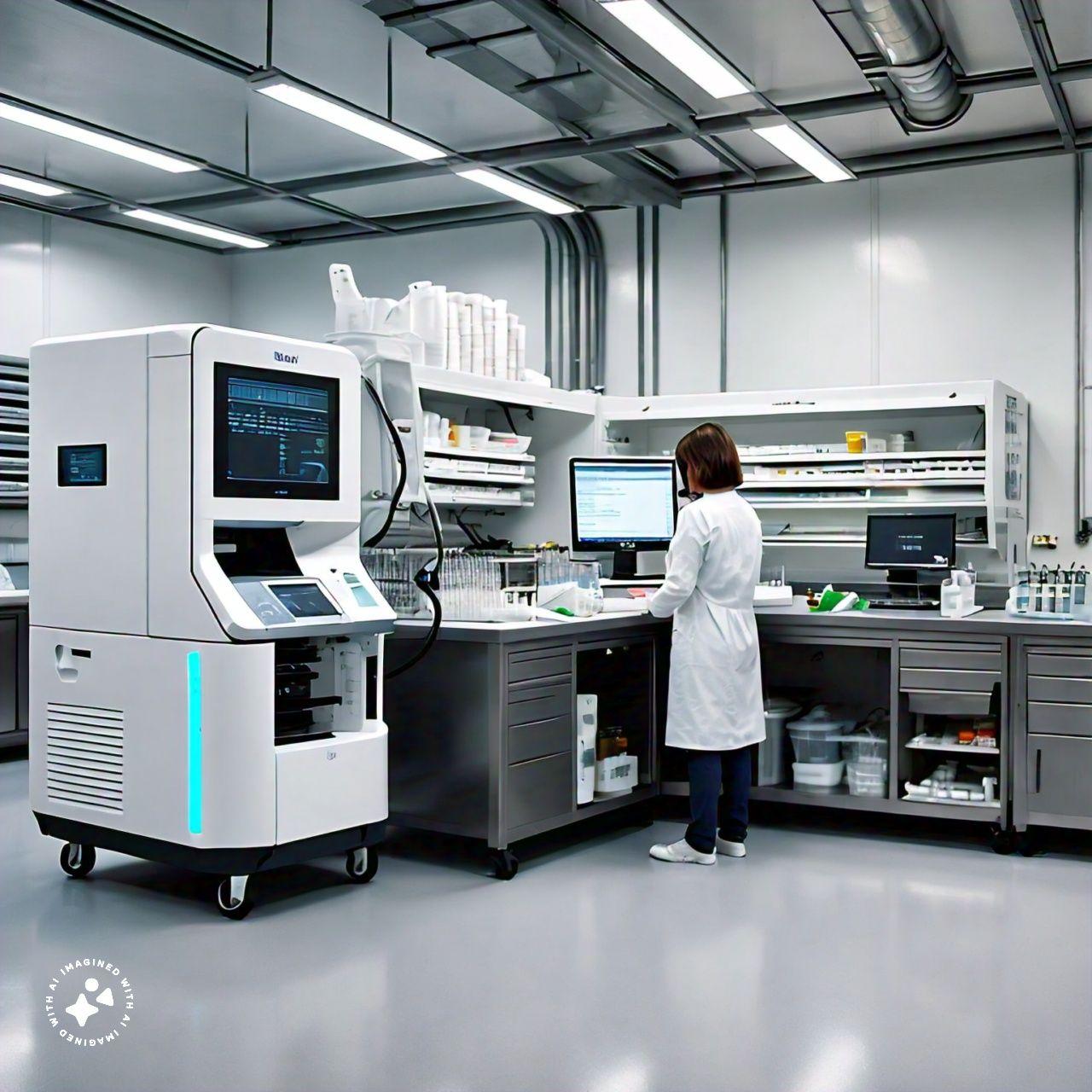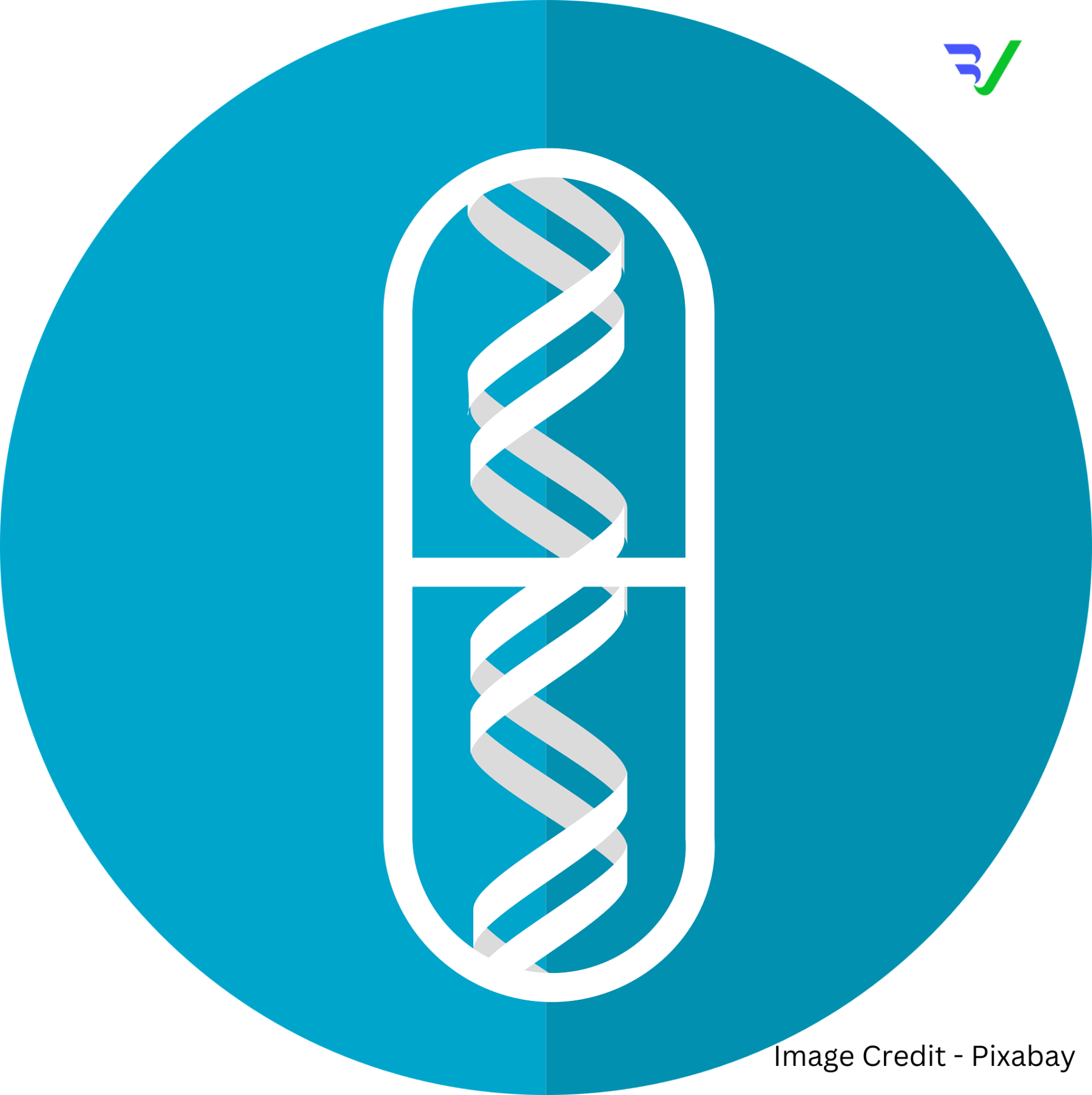The era of one-size-fits-all medicine is coming to an end. Genomics, the study of the structure and function of genomes, is revolutionizing healthcare by enabling personalized treatment approaches tailored to individual patients. This shift is transforming the way we diagnose, treat, and prevent diseases.
Genomics and Personalized Medicine
Genomics allows us to analyze a patient's unique genetic profile, identifying genetic variations associated with specific diseases or conditions. This information enables healthcare providers to develop targeted therapies, increasing efficacy and reducing adverse reactions. Personalized medicine encompasses various aspects, including:
- Genomic medicine
- Precision medicine
- Pharmacogenomics
- Nutrigenomics
Advances in Genomic Technology
Next-generation sequencing (NGS) has made genetic analysis faster, more affordable, and accessible. NGS enables simultaneous analysis of multiple genes, facilitating comprehensive genomic profiling. Additional advancements include:
- Whole-genome sequencing
- Exome sequencing
- Gene editing technologies (CRISPR/Cas9)
Applications in Healthcare
1. Cancer Treatment: Genomic analysis helps identify cancer-driving mutations, guiding targeted therapies and improving outcomes.
Examples:
- HER2-positive breast cancer (trastuzumab)
- BRAF-mutated melanoma (vemurafenib)
- Non-small cell lung cancer (EGFR inhibitors)
2. Pharmacogenomics: Genetic data informs medication selection and dosing, minimizing adverse reactions and optimizing efficacy.
Examples:
- Warfarin dosing (CYP2C9 and VKORC1 genes)
- Tamoxifen efficacy (CYP2D6 gene)
- Codeine toxicity (CYP2D6 gene)
3. Rare Genetic Disorders: Genomic diagnosis enables early intervention and personalized management of inherited conditions, such as:
- Cystic fibrosis (CFTR gene)
- Huntington's disease (HTT gene)
- Muscular dystrophy (dystrophin gene)
4. Precision Medicine Clinical Trials: Genomic matching of patients with targeted therapies enhances trial success rates and accelerates drug development.
Ethical and Regulatory Considerations
As genomics advances, ensuring data privacy, security, and informed consent is crucial. Regulatory frameworks must balance innovation with protection. Key considerations include:
- Data sharing and collaboration
- FDA regulations (precision medicine approvals)
- Insurance coverage and reimbursement
Future Directions
The future of personalized medicine holds much promise, with potential applications in:
- Gene therapy: Replacing or repairing disease-causing genes
- Stem cell therapy: Regenerating tissues and organs
- Synthetic biology: Designing new biological pathways
- Artificial intelligence in healthcare: Integrating genomics and AI for predictive medicine
Conclusion
Genomics is transforming healthcare by enabling personalized medicine. As research continues to unravel the complexities of the human genome, we can expect even more innovative applications. Embracing this shift will revolutionize patient care, improving outcomes and quality of life. The future of medicine is personalized, and genomics is leading the way.
To get daily job updates in your inbox, follow our WhatsApp Channel
Career Confusion? Book your career counseling session today
Thank you for sharing with others!







